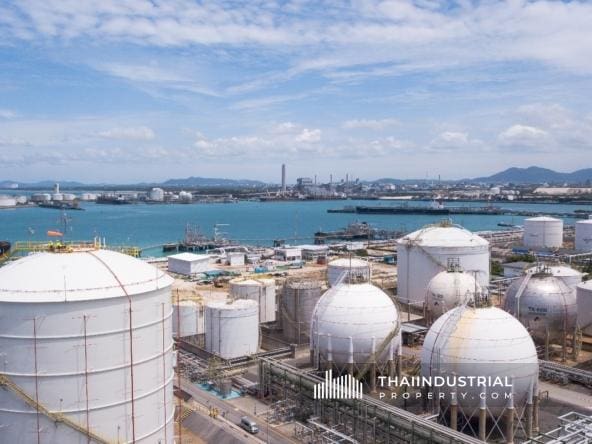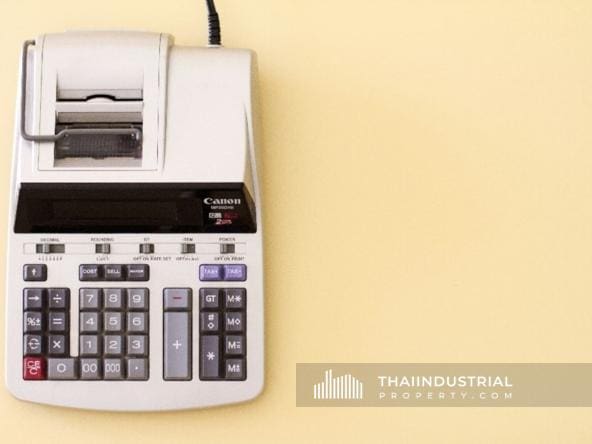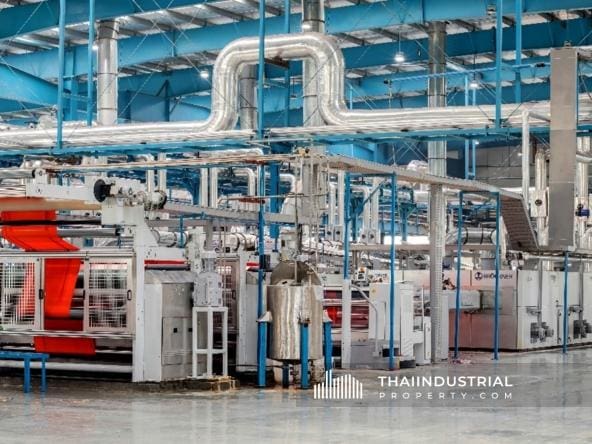Are you looking for a warehouse or factory for rent in Thailand? Chances are, you are not the only one pondering this issue. There are many choices and decisions that entrepreneurs must decide before they kickstart their businesses. Renting a warehouse and factory is one of (if not) the most important steps for any business. Therefore, it is necessary to know the potential costs and expenses beforehand. Why rent instead of buy? In Thailand, there are many perks and benefits to renting a warehouse or factory in Thailand such as deductible taxes, time efficiency, etc.
Here’s the 9 expenses you should take note:
1. Rental Price
2. Security Deposit
3. Advance Payment
4. Taxes
5. Water and Electricity
6. Service fee and Common area fee
7. Property Insurance and Product Insurance
8. Renovation and Reinstatement cost
9. Miscellaneous expenses
1. Rental price
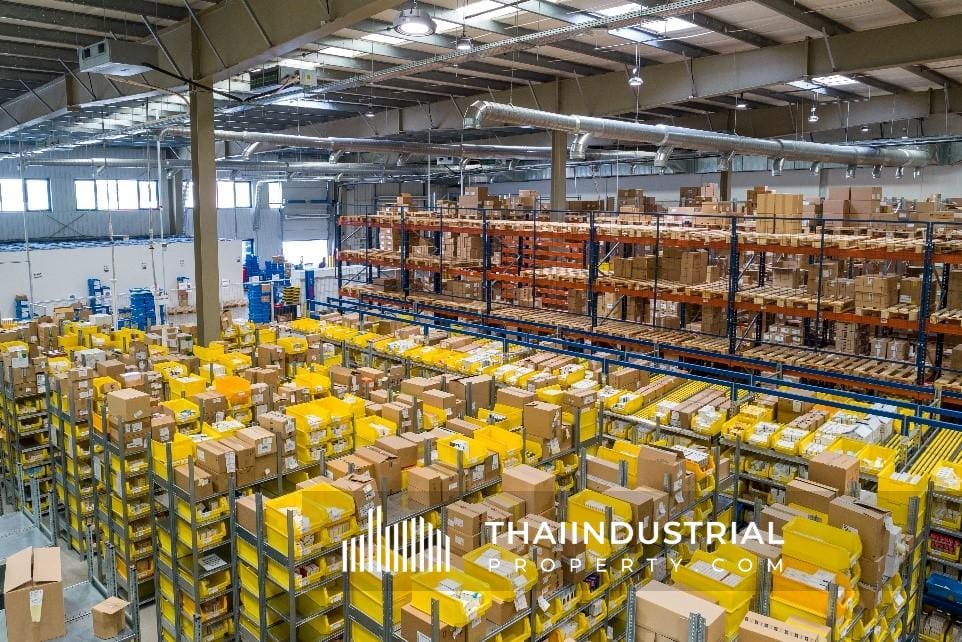
The first major expense in renting a warehouse or a factory is the rental price or rental expenses. The landlord will charge a rental expense to a tenant, and the rental fee is calculated from the price per Square Meter per month, excluding taxes, service charges, common area fees, and utility fees. Additionally, the rental expense can be very different per the building specifications, functions, and the location of the warehouse or factory. Facilities within the industrial project also directly affects the rental cost as the price can be varied based on their location inside or outside the industrial estates or based on Thailand’s city plan and color zone. Business owners should also to negotiate the rental price to get the desirable and competent price, depending on the rental terms and conditions agreed.
2. Security Deposit
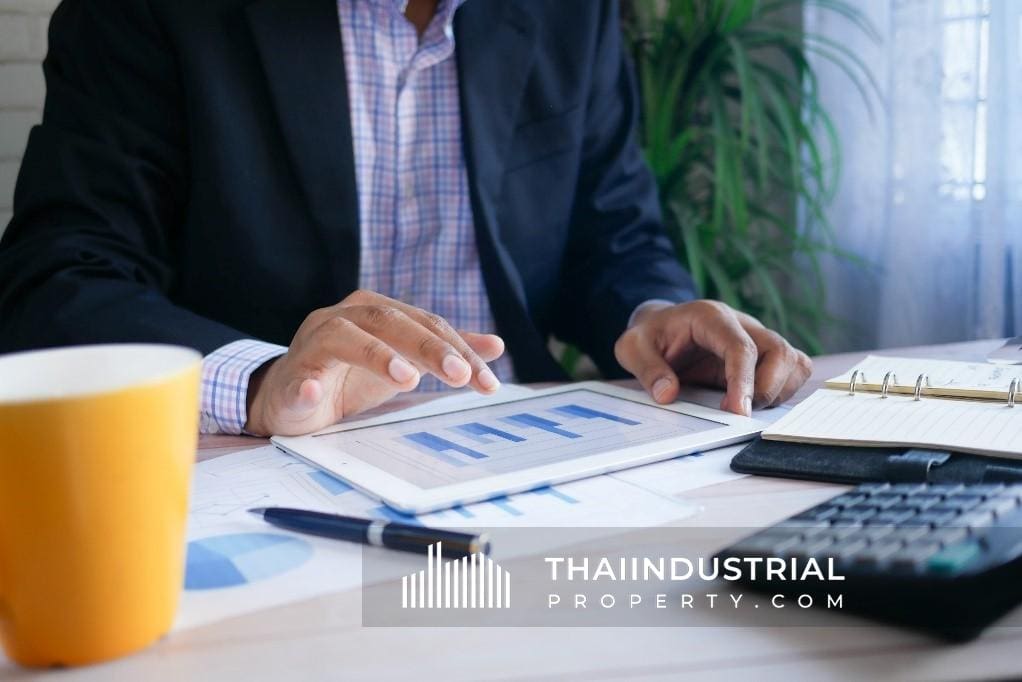
Security deposit is another payment that you require to make when you start renting a warehouse and factory. It is a one-time payment required throughout the contract period, which the amount can range from 2-5 months of the monthly rental price while the most common deposit is a 3-month deposit. The rental deposit amount can also be negotiable between the tenants and the landlord before the signed rental agreement. After the end of the rental agreement, the landlord will return the deposit to the tenant if there is no breach of the rental contract (if there is a case of a breach, the investigation and negotiation will be conducted on case-by-case basis).
3. Advance payment
Advance Payment, as the name stated, is the first month rental price that requires to be paid ahead of the month. Usually, the rental advance will be equivalent to 1-month rental price. On some occasions, depending on the rental policies and agreement, tenants require to pay 2 months in advance, which are the first and the last month of the contract term. For example, the rental contract covered 3 years rental agreement (36 months). The tenant must pay the advance payment for the 1st and 36th month in advance per the contract agreement.
4. Taxes
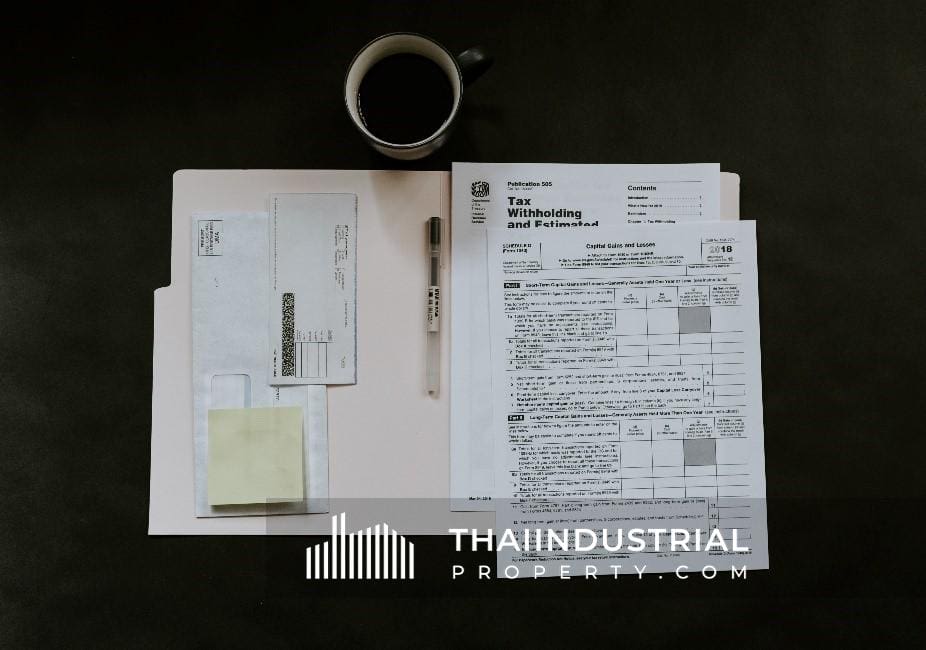
When renting a warehouse or a factory in Thailand, there are several tax expenses related to renting a property. First, Withholding Tax (WHT) is a tax required by tenants to process a withholding certificate to the landlord. WHT in Thailand is currently 5% for rent and 3% for service fees, and the tenant must pay the revenue department. Secondly, Value Added Tax (VAT) charges an extra 7% to the service and rental expense. Thirdly, there is stamp duty for all the contracts and agreements, which cost 0.1% of the contract value. Lastly, there is land and property tax to be paid annually depending on who is responsible for the expense based on the agreement of contracts. These are a summary of taxes expense you will encounter. For more thorough information on Taxes, click here.
5. Water and electricity
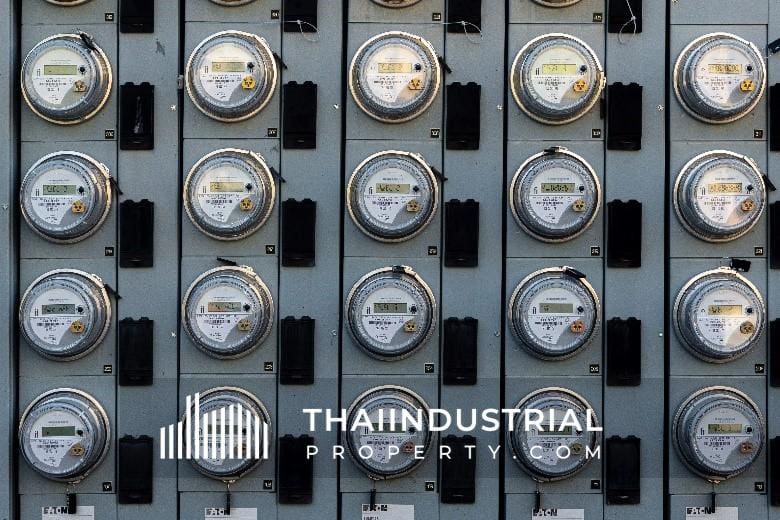
Utilities like water and electricity are unavoidable business expenses. For a warehouse or a factory rental, you often pay the public authority directly, Metropolitan Electricity Authority (MEA) for electricity and Metropolitan Waterworks Authority (MWA). There are also cases where business owners are required to pay the utility expense through the industrial estate/projects in which they will add a surcharge based on their policy. Unsure about the monthly utility expense? Check this link here for electricity and here for water tariff.
6. Service fee and Common area fee for Industrial parks or Industrial estate
In case your rental location is in the industrial parks or industrial estate, there is the expense of service charge and common area fee for the shared infrastructure and facilities within the parks and estate, which all the tenants in the zone are required to pay. The service fees covered various minor service expenses such as security guards, CCTV, waste disposal, road maintenance, wastewater treatment facility, and management cost of shared facilities.
7. Property insurance and Product insurance
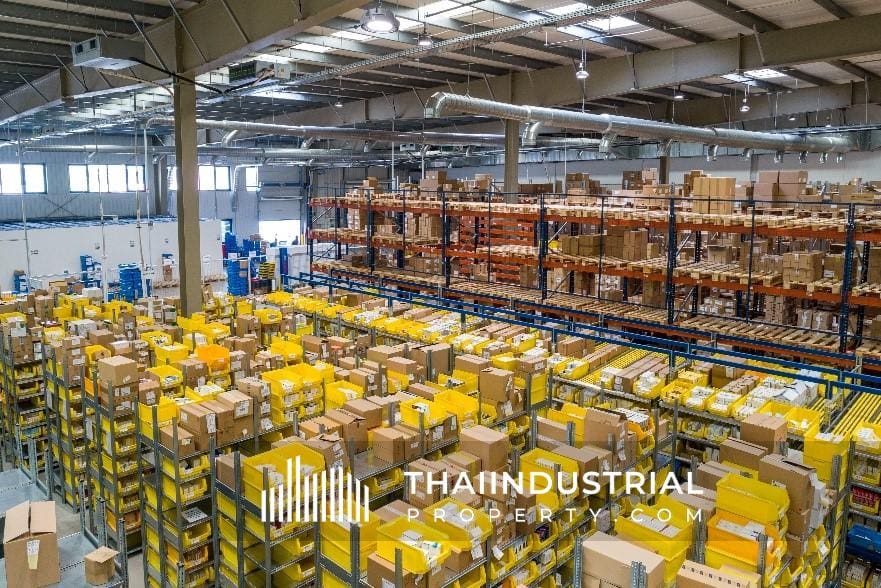
Property insurance and product insurance is a necessary expense for both tenants and landlords, so this expense is crucial to make a clear understanding and agree upon during the negotiation before the finalization of the rental contract. Property insurance is paid to cover the building itself, and the agreement of both parties will decide who will be responsible for this expense. On the other hand, product expense is necessary for the tenant to pay, as shortcomings and accidents could happen, so the financial protection on the product in the warehouse is an absolute MUST for a business!
8. Renovation and Reinstatement cost
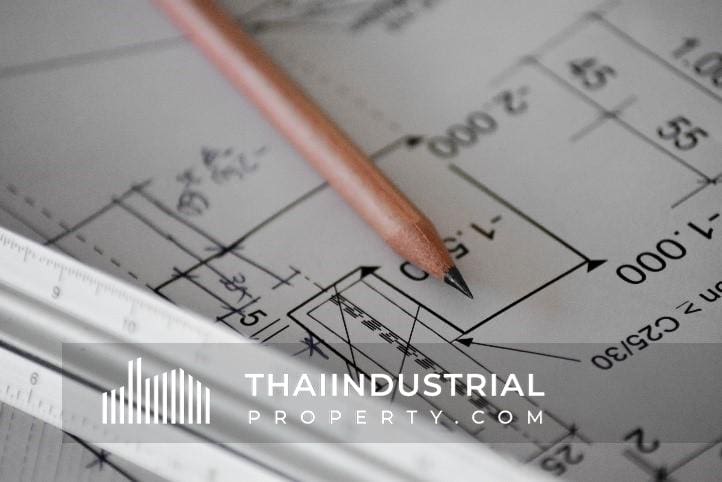
When all the contract is signed, the first step in renting a warehouse is to consider the renovation cost. Depending on the operation type of your business, tenants should prepare for renovation costs which covers operation equipment and facilities (e.g. Racking, Clean room, Mezzanine floor, Epoxy flooring, electricity upgrade), office installation (partition, AC units). Then, there is also a reinstatement cost as per agreed in the rental contract which requires a tenant to in order to reinstate the warehouse to its original condition before the tenant leaves in most cases.
9. Miscellaneous Minor expenses
In all regards, there are smaller miscellaneous expenses that you may encounter during your rental period, such as billboard and sign tax, garbage disposal cost, internet fees, decorations, stationaries, etc. However, do not undermine these miscellaneous costs. The minor expenses seem minuscule compared to the other expenses that we previously mentioned, but please note that many of the minor charges, if not well-regulated can outweigh other charges beyond anyone’s expectation.
With all that covered, business expenses are inevitable, but all business owners must understand all the expenses before they start renting a warehouse or a factory in Thailand. Planning your finance and expense would give security to your business and operation!
For more information on renting or buying warehouses or factories, please contact us.


